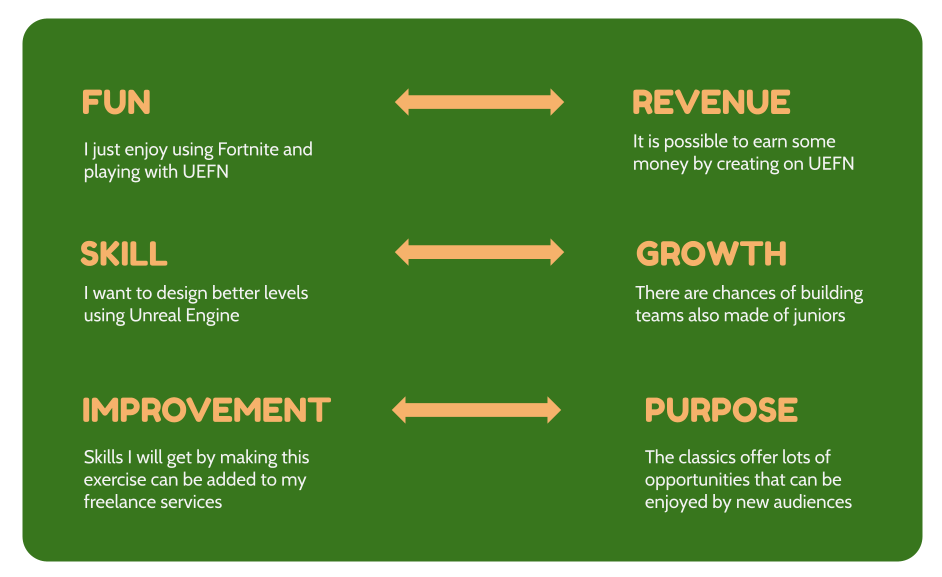After a couple of days working on my first map and getting confidence with UEFN, I have a first version of The Dark Zone, a classic Quake deathmatch map to test.
I want to test specifically three things:
- The dimensions: I had to scale the map up because of many reasons. Usually, in Fortnite, there are more players. Also, I want to express a sense of reverence towards the classics of the genre. Plus, the metrics of Fortnite permit the Players to move more agile across a map. Players can slide, run, crouch, and many things more.
- The lights: the standard lighting system for Fortnite is very plain, but also better in terms of contrast. Still, I want to represent the darkness of these classics but at the same time make the visuals always readable.
- Weapons: Fortnite has too many mechanics and weapons, and I have to convert somehow the weapons from Quake to a Fortnite counterpart. That can lead to a lot of balancing issues. I need to test it.
